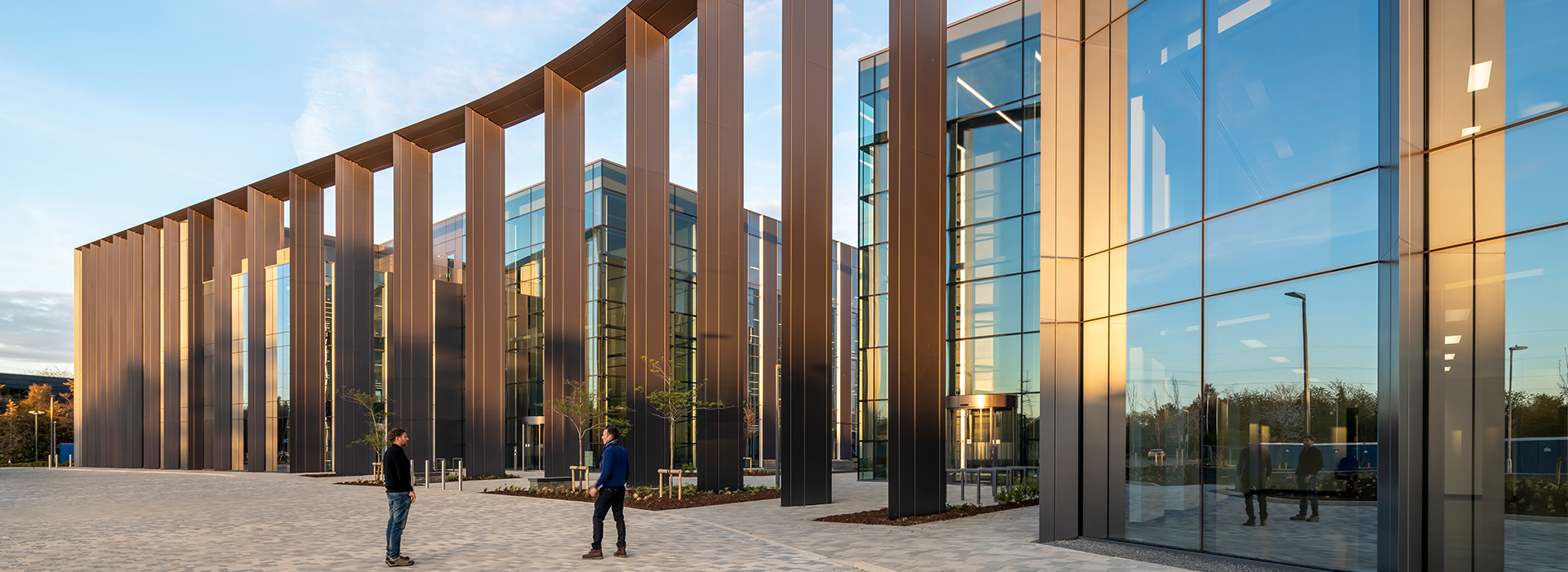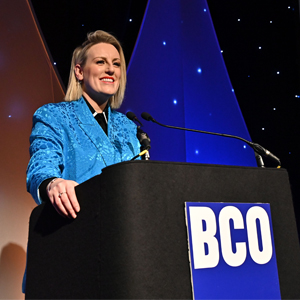The British Council for Offices is a membership organisation devoted to research and discussion. Our research, events and networking opportunities provide the platform to debate all aspects of the office sector.

The British Council for offices
The leading forum for the UK’s office sector. Through discussion, research and innovation, BCO members shape the workplace of the future.

The Future of the UK office
The BCO’s research presents the latest knowledge from industry experts and pushes forward the debate.

Join our members
BCO membership brings unrivalled networking opportunities, access to the latest research and more.

UK-wide events
From our annual conference to regional activities, our events provide a forum for members to collaborate.
DON’T MISS OUT ON BCO NEWS & EVENTS
Don’t miss out on BCO news & events
Make sure you’re kept up to date on BCO news and events by signing up to event and monthly newsletter emails. Emails direct to your inbox will ensure you receive opportunities to attend our events before they sell out. You can also opt-in to receive postal mailings from the BCO, including special event booking forms
Sign up for our newsletter



The BCO plays a key role in facilitating collaboration across the office sector. Vitally, they give a platform for occupier voices, ensuring that developers and designers have end-users front of mind when delivering great workplaces. With the property sector continuing to change at pace, having access to a network like the BCO is a great way to discuss and debate effective approaches to key challenges, including research and debate across office utilisation, sustainability, social purpose, workplace experience and strategies for providing best-in-class amenities.
The BCO’s regional committees provide an excellent way for the industry to gain a greater understanding of the changes taking place across different UK markets. A key highlight is the wide variety of events held by the regional committees for main and NextGen members across the year. These are always fun, memorable and thought provoking. The events I have attended in Scotland have been a wonderful way to debate best practices and explore the role of offices in not only giving occupiers the best possible spaces to work but also in driving the growth of regional cities such as Glasgow.
Being a member of the BCO’s NextGen community has been extremely valuable for my career. Through the BCO’s networks, I’ve made new connections in the industry that I wouldn’t have otherwise. The NextGen platform gives you new perspectives on the sector and enables you to develop your own voice as a leader in the industry. Whether you come to building tours, enter the Ideas Competition, or join a bike ride, there is something for everyone to engage with. The NextGen Ideas Competition is the highlight of the year, giving members the chance to showcase their creativity and vision for the future outside a traditional project. Alongside the NextGen Awards, it helps to celebrate the best and brightest, as well as showcasing breakthrough talent in the industry.
From about 2012 to 2017 I was involved in the national judging process for the BCO Awards, and I found it really rewarding and stimulating. This experience also helped with my day job, giving me a chance to play an active part celebrating best-in-class offices and in broadening people’s horizons on what good looks like. There’s a real social side to the BCO too. The annual conference is a great place to network and learn from the experiences of over 800 people from across the industry all at once. The quality of the talks and the impressive range of speakers are a real testament to the work of all those involved in curating one of the key events in the industry calendar.

COMMITTEES AND TEAMS
The BCO is run by a series of committees covering research, the regions, our awards programme and the next generation.
Read more

DIVERSITY, EQUALITY
and INCLUSION
The BCO champions diversity, equity, and inclusion, broadening the office sector and promoting participation from all backgrounds.
Read more

SPONSORSHIP
As one of the premier award ceremonies in the UK property calendar the BCO Awards delivers real value to its sponsors.
Read more

MENTAL HEALTH
The BCO is dedicated to supporting its members' mental health and wellbeing by providing links to sources of support through networks regionally and centrally.
Read more




